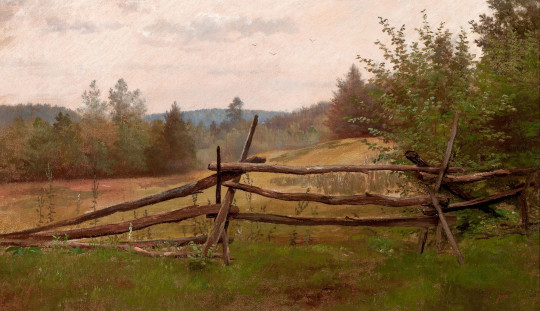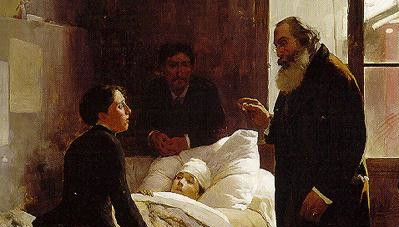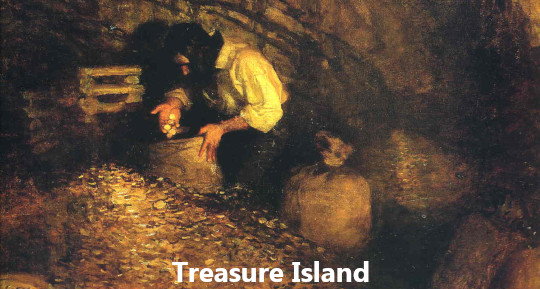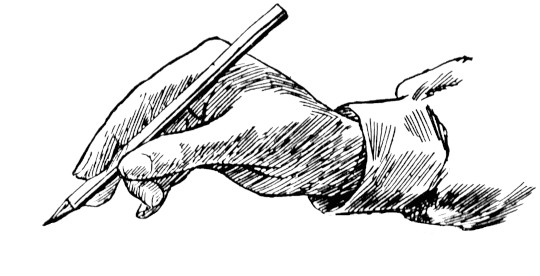Fran Lebowitz? Herb Caen? Don Bleu? Rob Morse? Rebecca Blagrave? Liz Smith? William Deresiewicz?
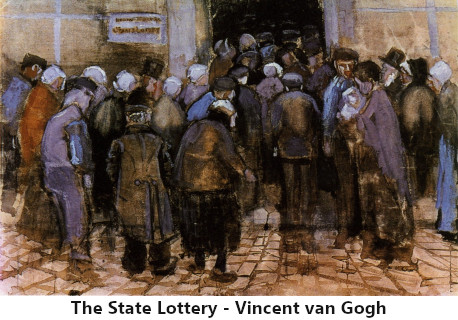
Question for Quote Investigator: The probability that you will purchase a lottery ticket worth millions of dollars is miniscule. Here are two comically exaggerated quips based on this observation:
I figure your odds of winning the lottery are the same, whether you buy a ticket or whether you don’t.
I’ve done the calculation and your chances of winning the lottery are identical whether you play or not.
Commentator Fran Lebowitz has received credit for this saying. Would you please explore its provenance?
Reply from Quote Investigator: The earliest evidence located by QI occurs in a video segment dated September 18, 1985 from the television show “Late Night with David Letterman” during which Fran Lebowitz spoke about gambling to the host Letterman. The segment is available via YouTube. Boldface added to excerpts by QI:1
We have a lottery here in New York. I feel you have the same chance of winning a lottery whether you play or not.
Currently, Lebowitz is the leading candidate for originator of this humorous observation. The statement’s phrasing is highly variable which makes it difficult to trace. QI has not independently verified the date of the video segment.
Below are additional selected citations in chronological order.
Continue reading “Quote Origin: You Have the Same Chance of Winning a Lottery Whether You Play Or Not”